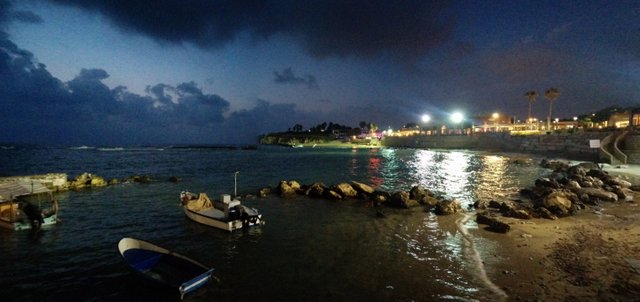Understanding the Middle East, part 14 - Pax Romana, part 1

By the early 1920’s it was clear that the Sykes - Picot agreement was a total failure. Riots, ethnical clashes, strikes and a general atmosphere of lack of compliance, have taught the French and British what the Middle East is like. Of course, it wasn't that they did not have troubles in other parts of their empires. Africa, India, Southeast Asia. It was becoming more and more clear that the days of Imperialism are about to end.
Frantic to protect their strategic assets they have tried to shift their support from one group from another, only stirring more controversy and violence, creating the political and cultural fault lines that haunt the region to this day. Before world war I, there was never a problem of ethnical minorities in the Middle East, but now, as national borders were starting to form, after the faster developing areas of port cities, oil fields, etc., have drawn to them large populations of immigrants, ethnicity and other segregating factors have suddenly became an issue. At first, France and England did not care, as this situation served their short term interests, but more and more it became a burden, they could not bare anymore. In the aftermath of the second world war, they had to dismantle their empires, living their influence areas in chaos and war.
Colonialism had disastrous effects not only in the Middle East, but wherever it was in effect. However, combined with the special conditions of the Middle East, it created a time bomb that now explodes in the form of Muslim extremism. To understand why this was an unavoidable result of the policy of the colonialist powers, we have to go back to enchant history once more.
The year was 31 BCE. After defeating Mark Antony in the Battle of Actium, Gaius Octavius became Augustus Caesar, the emperor of the Roman empire. Rome was exhausted after many years of wars and the new emperor knew that the first thing he must do, is to establish a long lasting peace.
Augustus divided his empire to provinces and made sure to assign people that he could trust in control of each province. He moved his army outside of the provinces, to the borders of the empire, and only then, after he created and organization that could ensure peace and stability, he started developing his empire, building roads, constructing new cities that enjoyed all the benefits of the Roman civil engineering skills, establishing standard regulations for commerce, finance and justice system. But in everything he have done, he was very careful not to impose the Roman culture too quickly or forcibly. He harnessed the ambitions of local talents in each region, and just as Julius Caesar's military recruiters promised young Romans that they will be given land in the areas that they will conquer, Augustus promised young people from his entire empire that they will have new opportunities as civil engineers, architects, and other professionals of civil service. Augustus have practically invented the middle class. A class of people who make a living, based on their talents and not their lands or other physical assets. It was a very successful plan that created an area of hundreds of years of relative stability, known as the “Pax Romana”.
But the Pax Romana had one great drawback that have gradually undermined it, and that is the way it destroyed the traditional communities of the empire’s societies. More and more, this destructive process have created resentments towards the empire. More and more, the Romans had to use force and punishments to keep things in check.
(To be continued in part 2)
You got picked up by curie! How awesome is that? Keep up the good work!